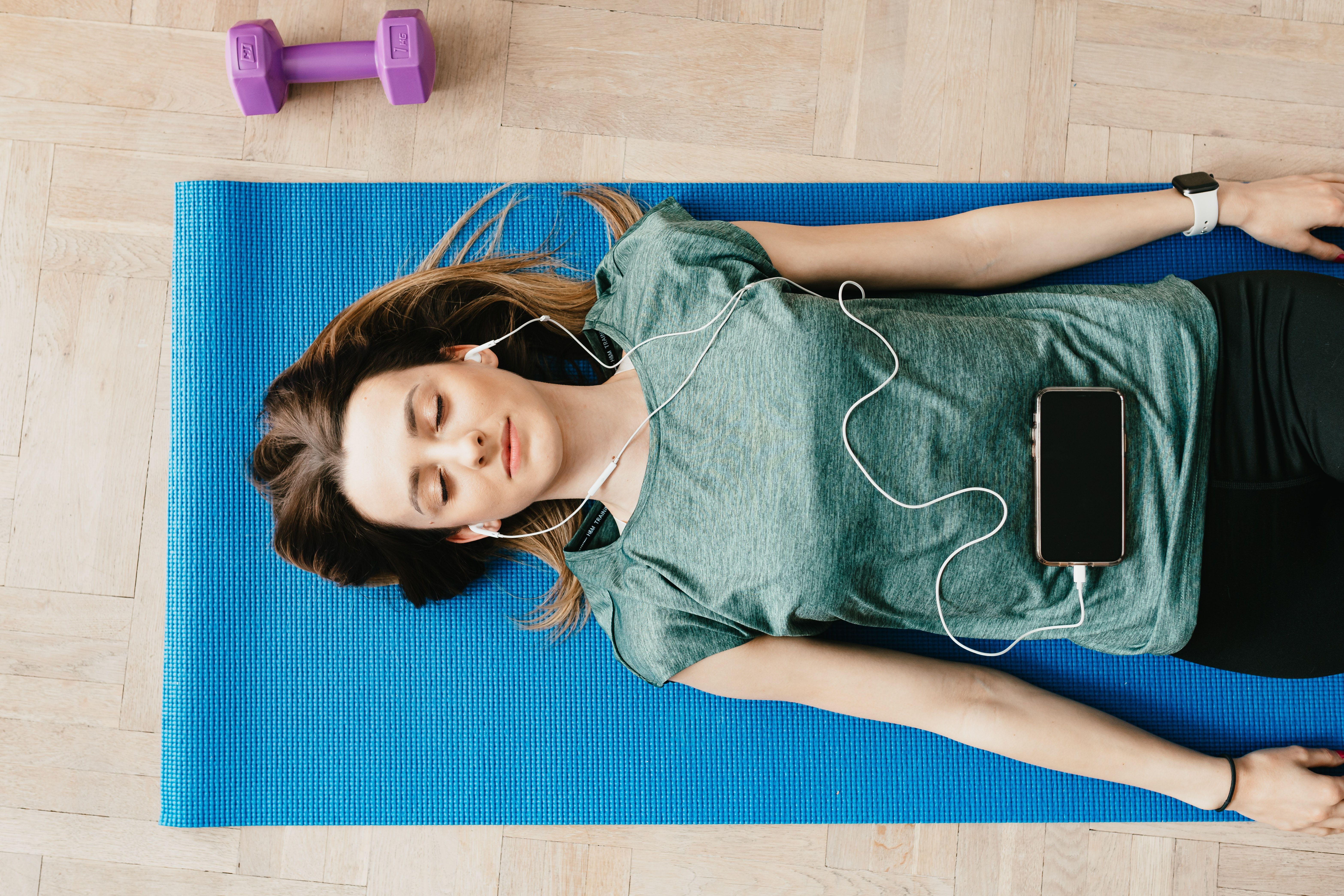As a generation raised on smartphones, it's no surprise that social media has become a staple in the daily lives of teenagers. From scrolling through Instagram to recording videos on TikTok, social media gives adolescents a platform to connect with their peers, express themselves, and showcase their lives to the world.
However, recent studies have shown that excessive social media use can have serious consequences on a young person's mental health. Learn more about both the positive and negative impacts social media can have on adolescents' mental health as they navigate school, relationships, and growing up online.
The Positive Effects of Technology on Mental Health
With the convenience of remote therapy, more and more adolescents are receiving mental health support without having to worry about transportation or taking time off from school or work. There are several therapy and counseling apps that teens can use, including BetterHelp, which connects people with licensed therapists. Another example is Therapeer, an app that provides a place to vent with peers about mental health issues.
Then there are apps that teenagers can use to manage stress and anxiety, such as Rootd and Sanvello. You can also find apps that offer libraries of guided meditations and sleep stories to help you fall asleep faster. Apps like these are great for teaching techniques such as meditation, deep breathing, and guided imagery to help users relax and reduce stress.
Meanwhile, technology is a great tool for physical fitness, which can have a direct impact on mental health. Apps like MyFitnessPal make it easier to track nutrition, while the Nike Training Club app helps people track their workouts and stay motivated to reach their fitness goals.
Social media even offers its own benefits when used mindfully. Firstly, it allows adolescents to connect with friends as well as others who share similar interests and experiences, creating a sense of community and belonging. It can also provide a platform for teenagers to unleash their creativity and allow them to have fun with personal expression.
The Negative Effects of Social Media on Mental Health
Unfortunately, social media can have negative effects on young people if not used in moderation. The Canadian Medical Association Journal published research that points to the negative effects of social media on youth mental health. For instance, the researchers cite sleep deprivation from heavy smartphone use and media multitasking as a cause of poorer academic performance and other negative mental health effects, especially among girls.
Research published by the International Journal of Adolescence and Youth points to a correlation between social media use and depression, anxiety, and psychological distress. It's not hard to imagine how constantly scrolling through news feeds containing the carefully curated life highlights of peers may cause teens to lose sight of their own lives and experiences.
Cyberbullying is another major risk from social media use. Research published by the Journal of Adolescent Health found that increased access to social media and its pervasive use has led to new opportunities for online aggression. For instance, adolescents trying to express themselves may become the target of negative comments and criticism, which can be emotionally damaging and lead to anxiety, depression, and other negative feelings.
This is not to say that every teen who uses social media will become a victim of cyberbullying. But increasing time spent on such platforms may increase the likelihood of encountering online harassment.
Other negative effects of social media overuse may include pressure to be perfect. Since people share their happiest moments, social media tends to portray a distorted view of reality, where everyone seems to have a perfect life, perfect appearance, and perfect relationships. For some adolescents, this may create unrealistic expectations and constant pressure to strive for perfection. This can lead to feelings of inadequacy, low self-esteem, and, according to the journal Psychology of Popular Media, even body dysmorphic disorder.
Social media can have both positive and negative impacts on the mental health of adolescents, especially if not used in moderation. By understanding the potential pitfalls, adolescents can take steps to protect their mental well-being and use social media healthily and responsibly.
Tips for Managing Technology Use
While social media can have negative impacts on mental health, adolescents can use it in a healthy and balanced way. Here are a few tips to help maintain that balance:
- Set self-imposed limits. To avoid getting caught up in the endless scroll, they can set self-imposed limits on their social media usage. They could, for example, limit their usage to 30 minutes a day, or only check their feeds at certain times of the day.
- Practice self-care. Adolescents should make self-care a priority and engage in activities that boost their mental health and well-being. This could include exercise, mindfulness, and spending time in nature, among others.
- Follow positive influences. Adolescents should follow accounts and engage with people who bring positivity and inspiration to their lives. They should also unfollow or mute accounts that promote negativity or unrealistic expectations.
- Practice mindful communication. Adolescents should be mindful of the language they use and the information they share on social media. They should also think twice before posting or commenting on anything that could be hurtful to others.
Using Social Media Responsibly
Social media can have both positive and negative impacts on the mental health of adolescents. While it can be a great tool for connecting with friends, accessing information, and improving well-being, it can also lead to addiction, cyberbullying, and unrealistic expectations.
To maintain a healthy balance, adolescents need to set self-imposed limits, take breaks, practice self-care, surround themselves with positive influences, and be mindful of their online behavior. By using social media responsibly and mindfully, adolescents can reap the benefits without sacrificing their mental health.



